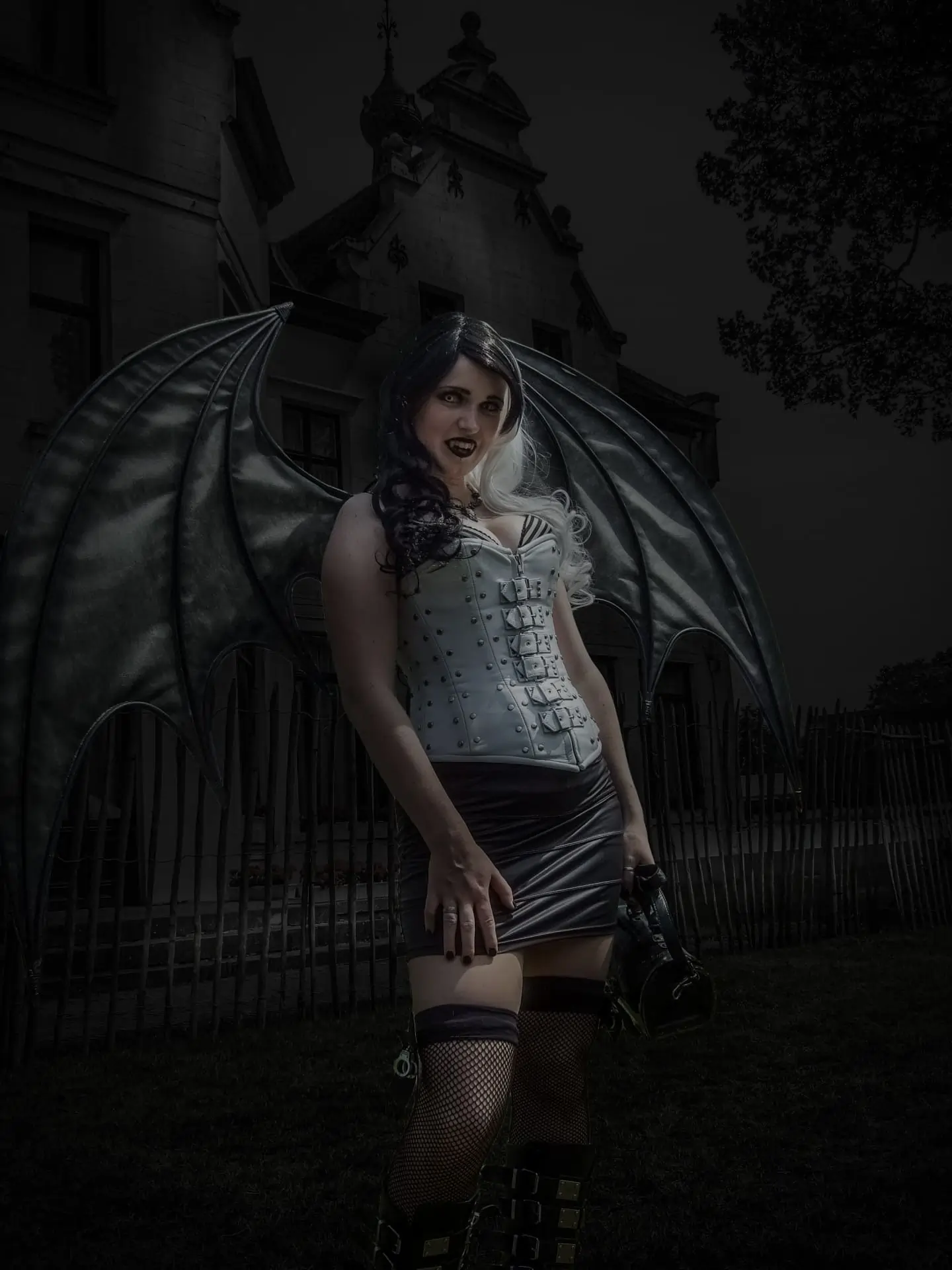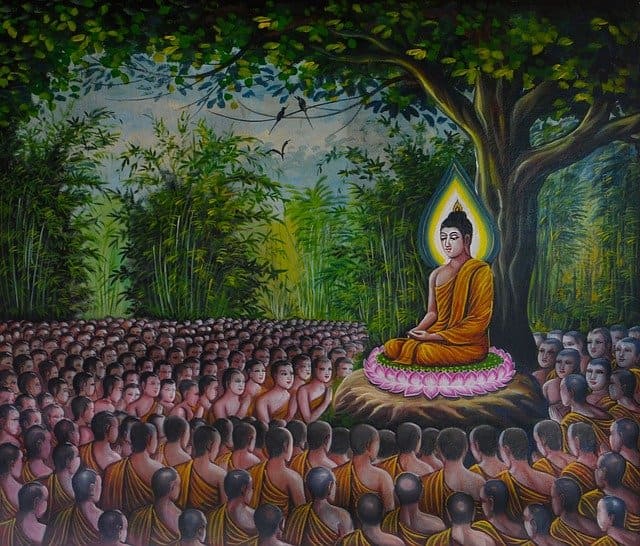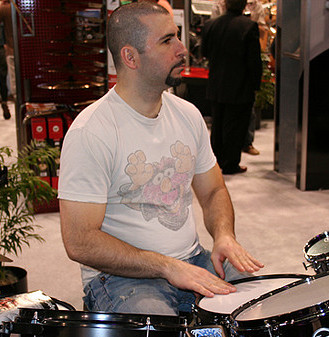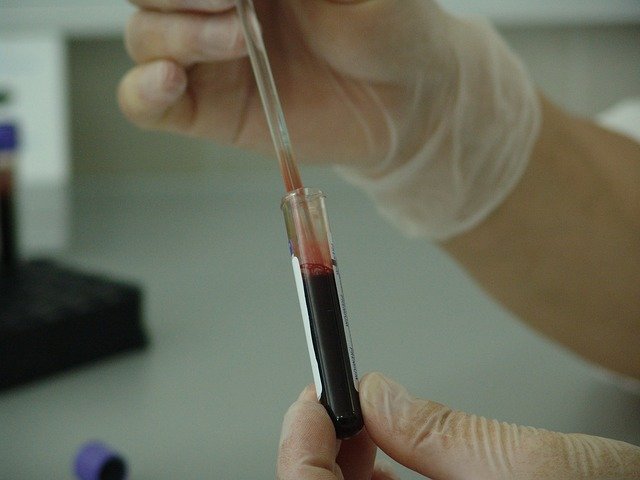
The assassination of John F. Kennedy on November 22, 1963, remains one of the most shocking and enigmatic events of the 20th century. Since that day, conspiracy theories have flourished, with one of the most discussed being that the CIA may have played a role in the president’s death. This theory is fueled by public distrust of the government, apparent contradictions in the official investigation, and a range of controversial sources. Here, we’ll examine the main elements of this theory to understand whether the CIA could indeed have been involved.
The Context of JFK’s Assassination and Official Investigations
John F. Kennedy, the 35th President of the United States, was assassinated in Dallas, Texas, while riding in a convertible with his wife, Jacqueline. Shortly afterward, Lee Harvey Oswald was arrested and identified as the shooter. Two days later, Oswald was killed by Jack Ruby, a nightclub owner, instantly fueling suspicions of a conspiracy aimed at silencing the prime suspect.
The Warren Commission
In 1964, the Warren Commission published an official report concluding that Lee Harvey Oswald acted alone. However, this report has faced significant criticism for its omissions and errors. For instance, the "single bullet theory"—suggesting that one bullet caused multiple injuries to both Kennedy and Texas Governor John Connally—was viewed by many as improbable. Moreover, some information from the CIA and FBI was withheld from the Commission, adding to suspicions of a cover-up.
The House Select Committee on Assassinations (HSCA)
In 1979, the HSCA re-examined the case and concluded that Kennedy had “probably been assassinated as a result of a conspiracy,” although the committee could not identify the possible co-conspirators. The HSCA highlighted acoustic evidence suggesting the possibility of multiple gunshots, challenging the single-shooter theory.
Potential Reasons for CIA Involvement
Some researchers and conspiracy theorists argue that several factors might have motivated the CIA to conspire against JFK.
Cold War Pressures and Internal Tensions
In the early 1960s, the Cold War was at its peak. JFK took firm, but sometimes controversial, positions, including negotiating to avoid nuclear war with the Soviet Union during the Cuban Missile Crisis in 1962. Additionally, Kennedy had expressed doubts about the Vietnam War, putting him at odds with some members of the military and intelligence establishment, who were committed to a hardline anti-communist stance.
The Bay of Pigs and CIA Resentment
In 1961, the CIA orchestrated a failed invasion of Cuba known as the Bay of Pigs. Kennedy refused to authorize open military support, which contributed to the operation’s failure. Many in the CIA saw this decision as a betrayal. Allen Dulles, the CIA director at the time, was fired by Kennedy following the debacle. This perceived betrayal may have left a lingering resentment within the CIA, fueling the hypothesis that certain individuals within the agency may have conspired against Kennedy.
Controversial CIA Projects and Operation Northwoods
Another factor supporting conspiracy theories is the CIA’s controversial projects, including Operation Northwoods. This 1962 proposal involved staging false-flag attacks to justify military intervention in Cuba. Although Kennedy rejected the idea, its mere existence proved that some elements within the U.S. government were willing to consider radical strategies. This adds credence to the notion that covert operations against a president perceived as an obstacle might have been contemplated.
Evidence and Testimonies Supporting the CIA Theory
Several pieces of evidence support the idea of CIA involvement, though none are conclusive.
Statements from CIA Figures
James Jesus Angleton, the CIA’s head of counterintelligence, and E. Howard Hunt, a CIA agent later involved in the Watergate scandal, were both linked to ambiguous statements about JFK’s assassination. According to certain sources, Hunt reportedly confessed on his deathbed to knowledge of a “plot” involving some CIA members, although this confession is controversial and widely disputed by his family.
Links Between the Mafia, the CIA, and the Assassination
Some theories suggest that the CIA may have collaborated with the Mafia in orchestrating the assassination. The CIA had previously used Mafia agents in clandestine operations, including attempted assassinations of Fidel Castro. The Mafia, discontented with Kennedy’s crackdown on organized crime, might have seen an opportunity for revenge, potentially with or without the CIA’s formal approval.
Criticisms of the CIA Theory
Despite the elements supporting this theory, the idea that the CIA orchestrated JFK’s assassination faces considerable criticism.
Lack of Direct Evidence
Although certain statements and pieces of evidence are intriguing, no definitive proof has emerged to establish the CIA’s involvement in the assassination. Declassified government documents over the years have not revealed any conclusive evidence. Some conspiracy theorists argue that such evidence could have been destroyed, but this remains speculative.
Complexity of Such a Large-Scale Conspiracy
Skeptics point out that orchestrating and concealing such a major assassination would have required an extraordinarily complex operation, with a high risk of exposure. Many CIA members would have needed to be involved, increasing the likelihood of information leaks. Additionally, no documents or recordings have been found to substantiate the idea of a covert operation on this scale.
Oswald’s Own Motives
Lee Harvey Oswald, the main suspect, had a complex history, with pro-Soviet views and open support for Cuba, leading some to believe he acted out of personal or ideological motives. The lack of any confirmed direct links between Oswald and the CIA weakens the theory that he was manipulated by the agency.
Conclusion: A Question Without a Definitive Answer
The theory that the CIA assassinated JFK is fueled by ambiguities, errors, and gaps in the official investigations. Cold War history, internal tensions, and political rivalries of the time provide fertile ground for conspiracy theories. While certain statements and intriguing elements may raise suspicions, no direct, irrefutable evidence supports the CIA’s involvement.
The mystery endures, and JFK’s assassination continues to be a subject of speculation and fascination. Unless new, undeniable evidence emerges, this question is likely to remain unresolved. The conspiracy theories surrounding JFK’s assassination also highlight the importance of government transparency with the public, as secrecy and withholding information often serve as fuel for suspicion.
Sources
Conspiracy - 11 novembre 2024 - Rael2012 -  - Voir l'historique
- Voir l'historique























